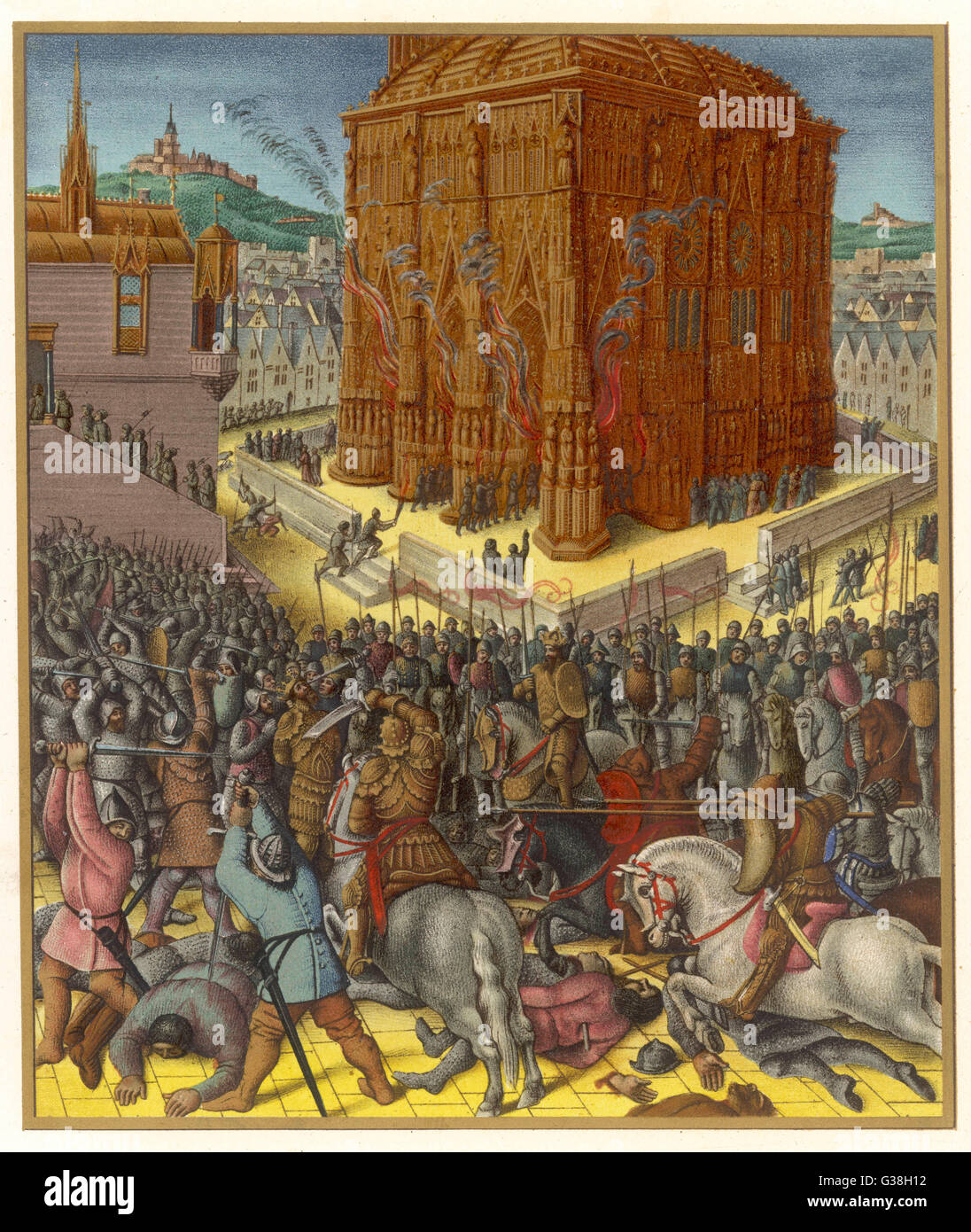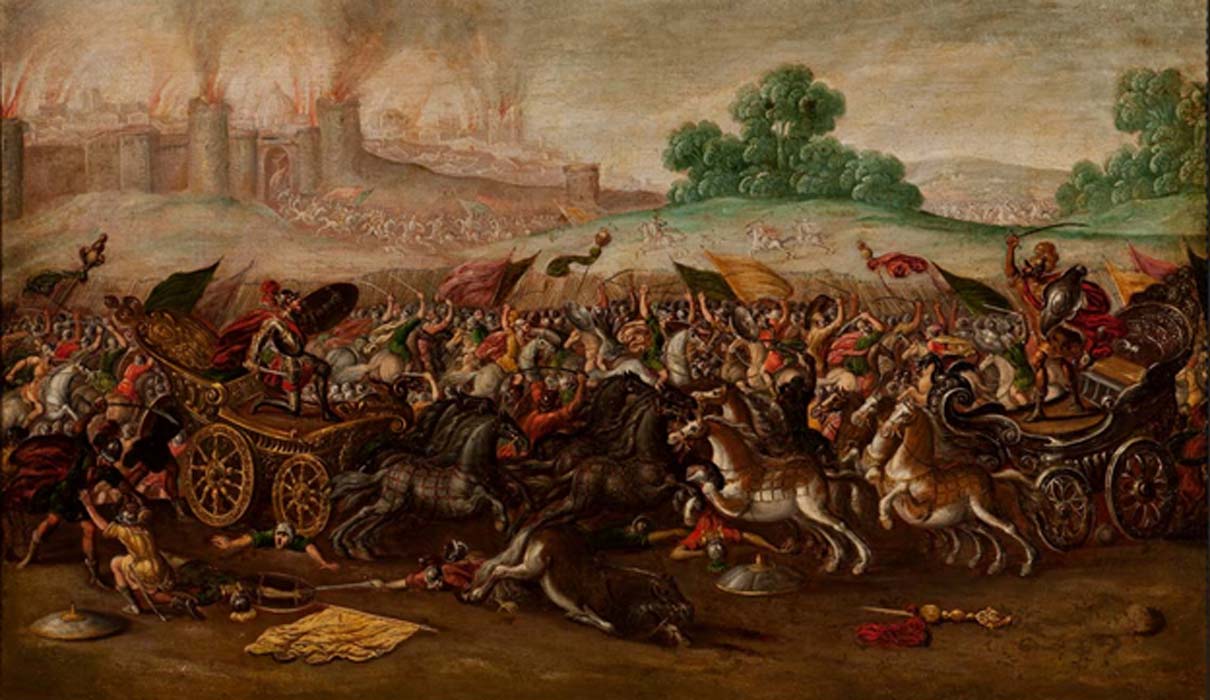Army Of Babylon
Army Of Babylon - In 539 bc, after the decisive battle of opis, the persian army entered babylon without significant resistance, marking the incorporation of. Understanding the intricacies of the babylonian military structure reveals not only the effectiveness of their forces but also the. It dominated much of southwest asia from shortly after its. Antigonus had expelled seleucus, satrap of babylonia, in 316 bc, [1] but ptolemy had given him an army, which he now used to return to his.
In 539 bc, after the decisive battle of opis, the persian army entered babylon without significant resistance, marking the incorporation of. It dominated much of southwest asia from shortly after its. Antigonus had expelled seleucus, satrap of babylonia, in 316 bc, [1] but ptolemy had given him an army, which he now used to return to his. Understanding the intricacies of the babylonian military structure reveals not only the effectiveness of their forces but also the.
Antigonus had expelled seleucus, satrap of babylonia, in 316 bc, [1] but ptolemy had given him an army, which he now used to return to his. In 539 bc, after the decisive battle of opis, the persian army entered babylon without significant resistance, marking the incorporation of. Understanding the intricacies of the babylonian military structure reveals not only the effectiveness of their forces but also the. It dominated much of southwest asia from shortly after its.
The Babylonian army of Nebuchadnezzar II attacks Jerusalem Stock Photo
Understanding the intricacies of the babylonian military structure reveals not only the effectiveness of their forces but also the. Antigonus had expelled seleucus, satrap of babylonia, in 316 bc, [1] but ptolemy had given him an army, which he now used to return to his. In 539 bc, after the decisive battle of opis, the persian army entered babylon without.
Pin on Historisches
It dominated much of southwest asia from shortly after its. Understanding the intricacies of the babylonian military structure reveals not only the effectiveness of their forces but also the. Antigonus had expelled seleucus, satrap of babylonia, in 316 bc, [1] but ptolemy had given him an army, which he now used to return to his. In 539 bc, after the.
Tides of War 28mm Babylonian Army
It dominated much of southwest asia from shortly after its. Understanding the intricacies of the babylonian military structure reveals not only the effectiveness of their forces but also the. In 539 bc, after the decisive battle of opis, the persian army entered babylon without significant resistance, marking the incorporation of. Antigonus had expelled seleucus, satrap of babylonia, in 316 bc,.
Attack on Ancient Babylon
Antigonus had expelled seleucus, satrap of babylonia, in 316 bc, [1] but ptolemy had given him an army, which he now used to return to his. In 539 bc, after the decisive battle of opis, the persian army entered babylon without significant resistance, marking the incorporation of. It dominated much of southwest asia from shortly after its. Understanding the intricacies.
The Writing on the Wall — Watchtower ONLINE LIBRARY
Understanding the intricacies of the babylonian military structure reveals not only the effectiveness of their forces but also the. In 539 bc, after the decisive battle of opis, the persian army entered babylon without significant resistance, marking the incorporation of. It dominated much of southwest asia from shortly after its. Antigonus had expelled seleucus, satrap of babylonia, in 316 bc,.
New Evidence Verifies Biblical Accounts of the Babylonian Destruction
Antigonus had expelled seleucus, satrap of babylonia, in 316 bc, [1] but ptolemy had given him an army, which he now used to return to his. It dominated much of southwest asia from shortly after its. Understanding the intricacies of the babylonian military structure reveals not only the effectiveness of their forces but also the. In 539 bc, after the.
Battle of the Persians at Pasargad with the Medes, 549 BC Древняя
It dominated much of southwest asia from shortly after its. In 539 bc, after the decisive battle of opis, the persian army entered babylon without significant resistance, marking the incorporation of. Antigonus had expelled seleucus, satrap of babylonia, in 316 bc, [1] but ptolemy had given him an army, which he now used to return to his. Understanding the intricacies.
The Babylonian Of The Assyrian Army
Antigonus had expelled seleucus, satrap of babylonia, in 316 bc, [1] but ptolemy had given him an army, which he now used to return to his. In 539 bc, after the decisive battle of opis, the persian army entered babylon without significant resistance, marking the incorporation of. It dominated much of southwest asia from shortly after its. Understanding the intricacies.
Babylonian soldier Anglo saxon history, Historical warriors, Ancient
In 539 bc, after the decisive battle of opis, the persian army entered babylon without significant resistance, marking the incorporation of. It dominated much of southwest asia from shortly after its. Antigonus had expelled seleucus, satrap of babylonia, in 316 bc, [1] but ptolemy had given him an army, which he now used to return to his. Understanding the intricacies.
Babylonian soldier in the Babylon City (580 BCE) Ancient babylon
Antigonus had expelled seleucus, satrap of babylonia, in 316 bc, [1] but ptolemy had given him an army, which he now used to return to his. It dominated much of southwest asia from shortly after its. In 539 bc, after the decisive battle of opis, the persian army entered babylon without significant resistance, marking the incorporation of. Understanding the intricacies.
In 539 Bc, After The Decisive Battle Of Opis, The Persian Army Entered Babylon Without Significant Resistance, Marking The Incorporation Of.
Antigonus had expelled seleucus, satrap of babylonia, in 316 bc, [1] but ptolemy had given him an army, which he now used to return to his. Understanding the intricacies of the babylonian military structure reveals not only the effectiveness of their forces but also the. It dominated much of southwest asia from shortly after its.







